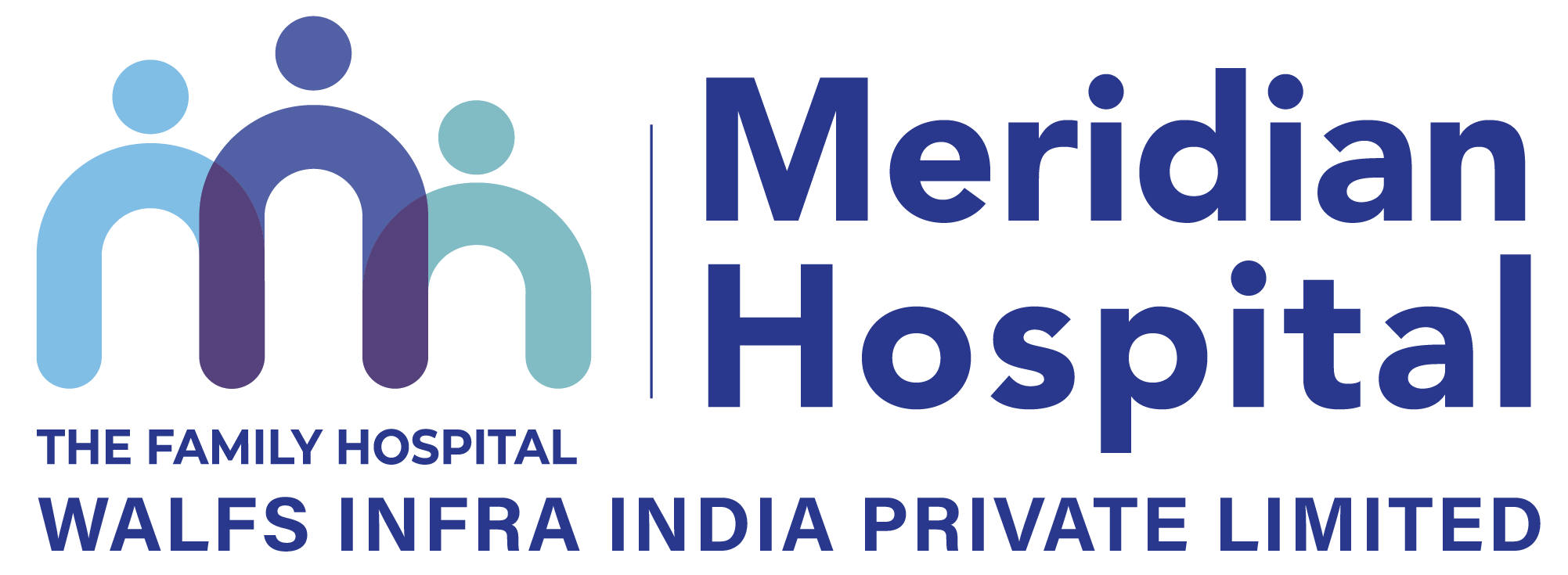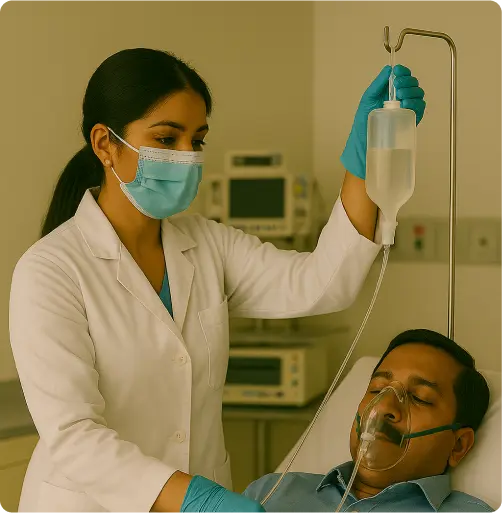In trauma care, the golden hour refers to the critical first 60 minutes following an accident or serious injury. During this period, it is crucial to provide critical care. The patients need the utmost health support for survival to bring them back from the fatal injury or unconscious state. It is a crucial window for optimal recovery, during which patients need trauma care and emergency assistance for life-threatening injuries.
It is distressing to learn that India records around 1.72 lakh road accidents each year. Most people attending to patients do not know how to give first aid or lack awareness of how to react during such emergencies. It is essential to learn how to provide first aid tips during road accidents to save lives.
Furthermore, there are many reasons and critical situations that require immediate health intervention. This blog explores the importance of the Golden Hour in Trauma, the gap in care, and the facilities that hospitals provide.
Why do we need trauma care?
Trauma care is required by patients suffering from fatal road accidents, sudden heart attacks and other critical health reasons. At times of medical emergencies, CPR is required for sudden heart attacks or shocks caused by critical accidents requiring speedy recovery. Hospitals and emergency care play a important role in addressing these health issues by identifying gaps and prioritising life-saving interventions.
Common emergencies requiring Trauma care in India
Road Accidents-RTAs
Road traffic accidents in India remain the most common emergency needing trauma care. Road accident emergencies can be fatal and may lead to mortality and deaths. An alarming 67.3% of trauma cases occur due to road accidents in India.
2.
Falling from heights
Emergencies requiring immediate admission also include injuries caused by falling from heights. These pertain to brain injuries and heavy bleeding common among children and individuals above 70 years.
3.
Physical Assaults and Domestic Violence
It is appalling to note that in Tamil Nadu, violent incidents, physical harassment, and domestic violence continue to lead to situations requiring urgent medical attention. In such critical moments, reaching out to a multispeciality hospital that offers emergency care can be life-saving, as innocent lives are often at stake and timely intervention is crucial.
4.
Factories and Residential accidents
Factories and outlets record accidents for various reasons. These include hazardous events such as the leakage of harmful gases, carbon emissions, fires, and other leaks. Fire accidents and thefts in residential areas also require immediate trauma care services.
5.
Sudden and unforeseen calamities
Floods, earthquakes, tsunamis, landslides, and other natural calamities require immediate support and emergency care.
Early assessment and management of Trauma
Early assessment and management of Trauma in India emphasizes eradicating the gap in infrastructure facilities and coaching more professionals to help during emergencies, especially during pre-hospital care when patients require immediate assessment.
Advanced Trauma Life Support (ATLS) serves as the primary framework for managing emergencies effectively. These guidelines and protocols are widely- followed in India during critical life-threatening situations.
Primary survey-ABCDE
- Airway: Maintaining a clear airway during severe spinal injuries is the foremost requirement.
- Breathing: Monitoring the Respiratory organs and providing oxygen or ventilation support.
- Circulation: Symptoms of shock, hypotension, tachycardia, and altered mental status need to be assessed to help maintain blood and fluid circulation.
- Disability: Checking the neurological status, consciousness, pupil response, and identifying spinal cord injuries and other neurological issues.
- Exposure: Physical examination, clearing wounds, and changing the patient’s clothes to protect him from hypothermia.
Resuscitation:
In an emergency, every second counts. The first step called the primary survey focuses on making sure the patient can breathe, their heart is pumping, and their airway is clear. Once they’re stable, doctors move to a full-body check to spot any hidden injuries. this is the secondary survey. From there, the right treatment is given based on what’s found. If you or a loved one ever needs help, book an appointment here we’re here to guide you with care and compassion.
FAQS
FAQ 1: What is the protocol for trauma care?
As of 2025, the ATLS (Advanced Trauma Life Support) protocol serves as the standard guideline for trauma care management. The critical care guidelines include performing primary surveys, resuscitation, secondary surveys, and definitive care during emergencies. Visit the best multispeciality hospital in Chennai for speedy recovery from traumatic injuries.
FAQ 2: Why do we need trauma care in hospitals?
We need trauma care during severe injuries, road accidents, falls, and other circumstances requiring immediate intervention for care and hospital admission. The golden hour in trauma care addresses these common emergencies that require immediate care. Reach out to Meridian Hospital for immediate support during trauma care.
FAQ 3: What measures has India taken to eradicate the accident crisis for the commoner during trauma care?
In India, the most common emergency is caused by road accidents. Government measures include providing free medication to economically affected sections for the general welfare of the people. The Rah-veer scheme is a grant or Award given to the Good Samaritan, the person who has saved the life of a victim during a critical accident.
FAQ 4: Who to call in case of medical emergencies?
Reach out to common helplines, such as 108, for ambulance services or call the nearest hospital located near the accident site. Meridian Hospital has the best facility; book an appointment to receive immediate care when every second counts.





